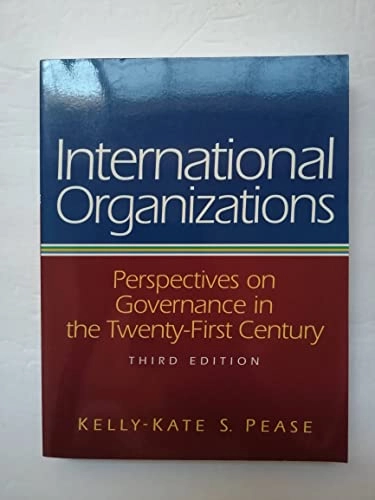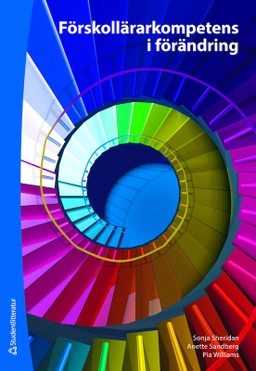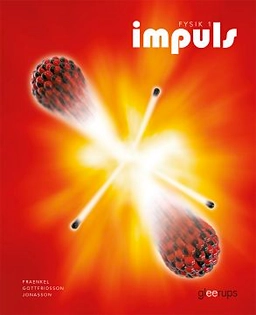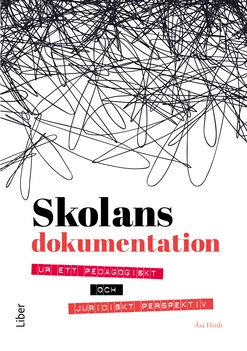

International organizations : perspectives on governance in the twenty-first centuryUpplaga 3
- Upplaga: 3e upplagan
- Utgiven: 2008
- ISBN: 9780132285339
- Sidor: 368 st
- Förlag: Upper Saddle River, N.J. Pearson Prentice Hall
- Format: Häftad
- Språk: Engelska
Om boken
Åtkomstkoder och digitalt tilläggsmaterial garanteras inte med begagnade böcker
Mer om International organizations : perspectives on governance in the twenty-first century (2008)
2008 släpptes boken International organizations : perspectives on governance in the twenty-first century skriven av Kelly-Kate S. Pease. Det är den 3e upplagan av kursboken. Den är skriven på engelska och består av 368 sidor. Förlaget bakom boken är Upper Saddle River, N.J. Pearson Prentice Hall.
Köp boken International organizations : perspectives on governance in the twenty-first century på Studentapan och spara pengar.
Referera till International organizations : perspectives on governance in the twenty-first century (Upplaga 3)
Harvard
Oxford
APA
Vancouver



















